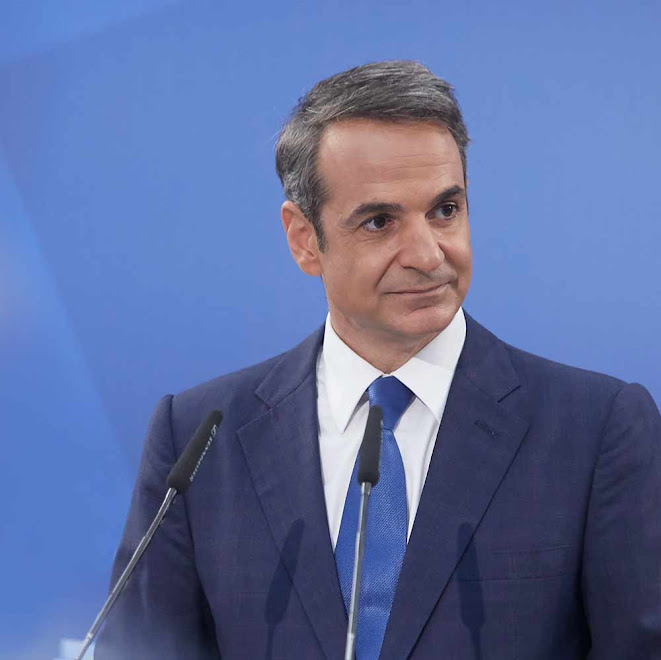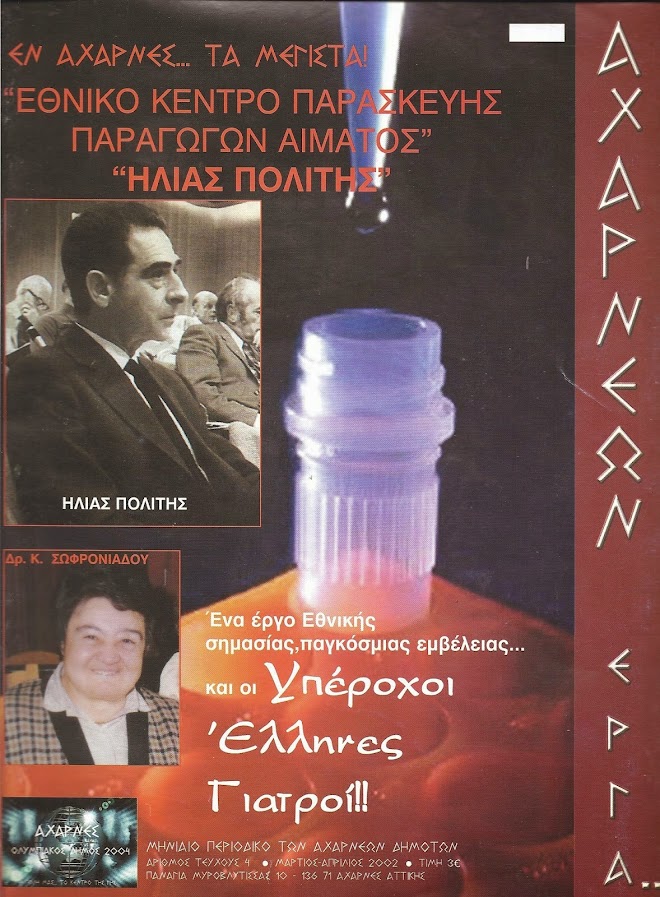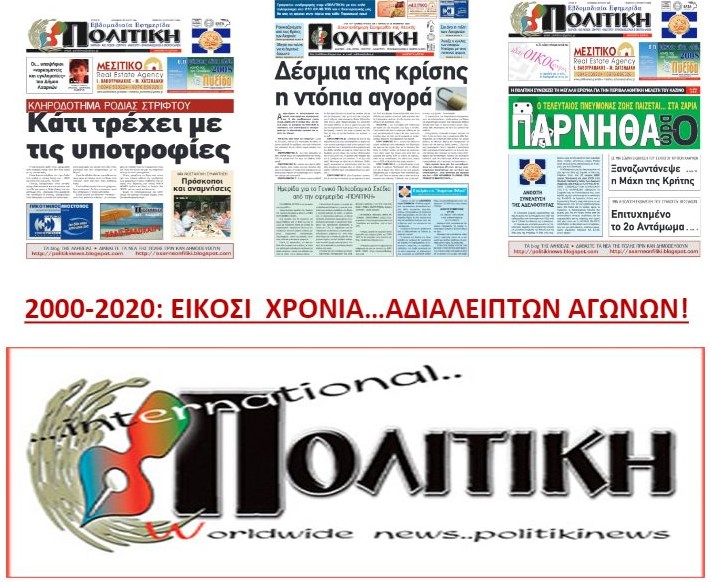Good evening. Thanks for your patience.
It was long session today. In some meetings you advance the agenda, in others you take leaps forward. This was a Eurogroup to remember.
First set of good news is Greece. After eight long years, Greece will finally be graduating from its financial assistance. Greece joins Ireland, Spain, Cyprus and my own country Portugal, in the ranks of euro area countries that turned around their economies and once again stand on their own feet. A success story of programme implementation.
Today the institutions confirmed Greece has implemented all the 88 prior actions under the fourth and final review. This shows Greece has successfully completed its ESM programme.
This is it! We have managed to deliver a soft landing of this long and difficult adjustment. There will be no follow-up programme in Greece.
Altogether, Greece adopted over 450 policy actions during this ESM programme alone. Many more, if we include previous programs, often including hardship for the population.
This was also a tour-de-force for the Eurogroup. Three fully-fledged programs, over 240 billion euros disbursed at low interest rates. Since 2010, it is hard to recall a Eurogroup where Greece was not discussed.
Today we can say that Greece delivered and the Eurogroup also did its part of the bargain. Debt sustainability analysis provided by the institutions showed that further debt relief was needed to make Greek debt sustainable in the future.
We have published a statement that contains all the details of our agreement today, including debt relief. Let me give you a few highlights.
The end of this programme brings new responsibilities. Through its long-term growth plan, Greece is committed to preserve its programme achievements. This includes completing the reforms that were enacted under the programme and continue to implement further reforms, with the aim of increasing its growth potential. We call this ownership – and it is key to secure Greece’s immediate future and to maintain investor confidence in the Greek economy.
Second, we have agreed on a debt relief package to safeguard Greece’s debt sustainability. They include substantial upfront measures such as a 10 year extension on EFSF loans and 10 year deferral on interest and amortization. This will allow Greece to return to market financing, issuing bonds across the maturity curve.
Greece will furthermore be able to retrieve the interest accumulated by the Euro-system on Greek government bonds. Greece will receive these semi-annual payments until 2022, if it implements all key reforms adopted under the ESM programme. The institutions will monitor this via the so–called "Enhanced Surveillance" that will be activated in the next few weeks. The IMF will actively participate in this monitoring.
Finally, we have mandated the ESM to disburse 15 billion euros to Greece as the last program tranche, subject to the completion of national procedures. Overall, Greece will be leaving the programme with a sizeable cash buffer of 24.1 billion euros covering the sovereign financial needs in the next 24 months. This represents a significant backstop against any foreseeable risk.
With all these measures, we can safely say based on the DSA of the institutions that Greek debt is sustainable going forward.
And for the future, we reaffirmed our commitment to continue to support Greece and its people in its reform efforts to stay the course of sustainable growth.
Greece was not the only item on the agenda, we heard from the institutions good news also regarding Cyprus’s most recent economic developments.
Today we also reviewed the updated draft budgetary plan of Spain, which is broadly compliant with the Stability Pact. We agreed on our work programme for the next six months and, of course, welcomed the new Ministers from Spain and from Italy, who explained their policy priorities and re-iterated their countries' commitments to our common policies and objectives.
The IMF presented its article IV on the euro area. They concur that the euro area is now at a historic juncture. All adjustment programmes are behind us. The euro came out stronger from this crisis but it is still unfinished business. Our current broad-based economic growth makes this the right time to make decisive progress at the national level and at the European level. This was the message from the last euro summit and it is also a message that was amplified today by Managing Director Christine Lagarde, who joined us today.
Then we expended the room to include the 27 countries and continued the meeting in extended format.
This sense of urgency for action was the reason why our leaders asked the Eurogroup back in December to work on steps for deepening the EMU, focusing on the banking union and reinforcing the ESM. To use the recovery momentum to strengthen the euro.
In this discussion, we have included non-euro area members because of implications on the future of the euro. Today we delivered on these discussions in order to inform the Euro summit, next week in Brussels.
A few days ago the French and the German governments made an important contribution to this debate.
This commitment among key members of our Union is a clear demonstration of political will, which is the crucial ingredient to protect the euro against future crises.
Today we took these discussions up another level on several fronts. Let me go through the main areas of progress.
On Banking Union, efforts made in the past year to increase resilience and reduce risks are paying off. A fact-based report by the Single Resolution Board, European Commission and Single Supervisory Mechanism that I asked for in the last Eurogroup found that risks are receding in the banking sector in Europe. At the same time, we all acknowledge that continued work will be needed, in particular in further reducing the amount of bad loans in banks’ balance sheets.
We broadly support a gradual approach whereby risk reduction and risk sharing measures are taken in the appropriate sequence.
First, the Council agreement on the banking package and the indicators to measure progress with risk reduction allow for a decision on the ESM as backstop to the Single Resolution Fund. This means setting up a credible safety net for the banking sector. This is a very concrete step which will be implemented as part of a broader reform of the mechanism.
Second, after the European Council in June, the work on a roadmap for beginning political discussions on EDIS could start.
Finally, we agree to act decisively on the Anti-Money Laundering front.
Moving on to crisis management, there is broad support to strengthen the role of the ESM. This would equip the euro area with better crisis resolution tools.
As I said earlier, we support entrusting the common backstop for bank resolution to the ESM. This will be part of a broader reform package. The backstop could become available before the end of the transitional period. That can happen if significant progress has been achieved in risk reduction. Its size would be aligned with the target level of the SRF. Effectively we support doubling our firepower for bank resolution.
ESM reform however, does not end here.
First, on the role of the ESM, we agree that a reinforced ESM should take a stronger role in designing and monitoring programmes without duplicating the role of the Commission.
Second, on the ESM toolkit, we agree to review the existing instruments, in particular the precautionary tools, and assess the need for new instruments.
On debt sustainability issues, there are still a range of views in the room.
Going forward, in terms of deliverables, the Eurogroup will prepare by the end of the year an outline of the key features of a strengthened ESM covering all the issues I have just mentioned. In a later stage, we could prepare the necessary changes to the ESM treaty and guidelines.
Finally, it is clear that our discussions are less advanced on possible fiscal instruments for convergence and stabilisation in the EMU. Subject to guidance by leaders next week, possible avenues to be explored could be a euro area budget for competitiveness, convergence and stabilisation purposes. We could also examine a European unemployment insurance fund for cases of severe economic crises.
Making a long story short: we have chosen to provide a credible safety net for the banks; we have set the right incentives for banks to continue deleveraging risks; we have decided to beef up the ESM to reinforce our lines of defence.
The question is no longer if, or how we will complete the economic and monetary union. The question is when? And the answer we gave today is that we start now.
This is the message I will deliver to our leaders for the Summit next week.
|
|
|
Main results - Eurogroup, 21/06/2018
|
|
| The Eurogroup agreed on the surveillance framework that will apply after the end of Greece's economic adjustment programme, the size of the final tranche of financial support by the ESM, debt measures and fiscal targets. The Eurogroup in inclusive format focused on further steps for deepening EMU and the completion of the banking union.
The Eurogroup meeting took place in two formats: a regular meeting of the euro area ministers, and a meeting of the ministers of 27 EU member states to discuss the future of the Economic and Monetary Union.
15.00 - Eurogroup meeting in regular format
Greece's economic adjustment programme
The Eurogroup discussed the fourth (and the final) review of Greece's economic adjustment programme and agreed on the elements to support Greece's successful exit from the programme in August this year.
It adopted a statement outlining the agreement, which includes the surveillance framework that will apply after the programme, the size of the final tranche of financial support by the ESM, debt measures and fiscal targets.
IMF Article IV consultation with the euro area
The Eurogroup exchanged views on the International Monetary Fund's (IMF) presentation of the outcome of its Article IV consultation with the euro area. The IMF is expected to publish the final report shortly.
This year, the consultation focused on national and European-level policies aimed at protecting the euro area economy from future shocks.
The IMF carries out such consultations every year with all of the IMF members, both individual countries and currency regions, including the euro area. This is done in accordance with Article IV of the IMF's Articles of Agreement.
Updated draft budgetary plan of Spain
The Eurogroup exchanged views and adopted a statement on Spain's updated draft budgetary plan for 2018.
Cyprus: post-programme surveillance
The European Commission and the ECB informed the Eurogroup of the main findings of their fourth post-programme surveillance mission to Cyprus that took place between 19 and 23 March 2018.
The ESM presented the findings related to its early warning system; the IMF conducted its second post-programme monitoring mission at the same time.
The aim of the post-programme surveillance is to establish any possible risks to the country's ability to repay loans received under its earlier adjustment programme. The surveillance continues until at least 75 % of the loan has been repaid.
Eurogroup work programme for the second semester of 2018
The Eurogroup adopted its work programme for the second half of this year.
Other items on the agenda
Italy's Minister of Economy and Finance, Giovanni Tria, and Spain's Minister of Economy, Industry and Competitiveness, Nadia Calviño, presented the policy priorities of their respective governments. This is standard practice in the Eurogroup when new governments come into office.
18.30 - Meeting of 27 member states
Preparation of the June Euro Summit: deepening of the Economic and Monetary Union (EMU)
The Eurogroup met in inclusive format to prepare the Euro Summit of 29 June 2018.
The discussion focused on the further steps for the banking union and the reform of the European Stability Mechanism. Ministers also touched upon fiscal issues, including proposals on a possible euro area fiscal capacity.
|
|
| 





















